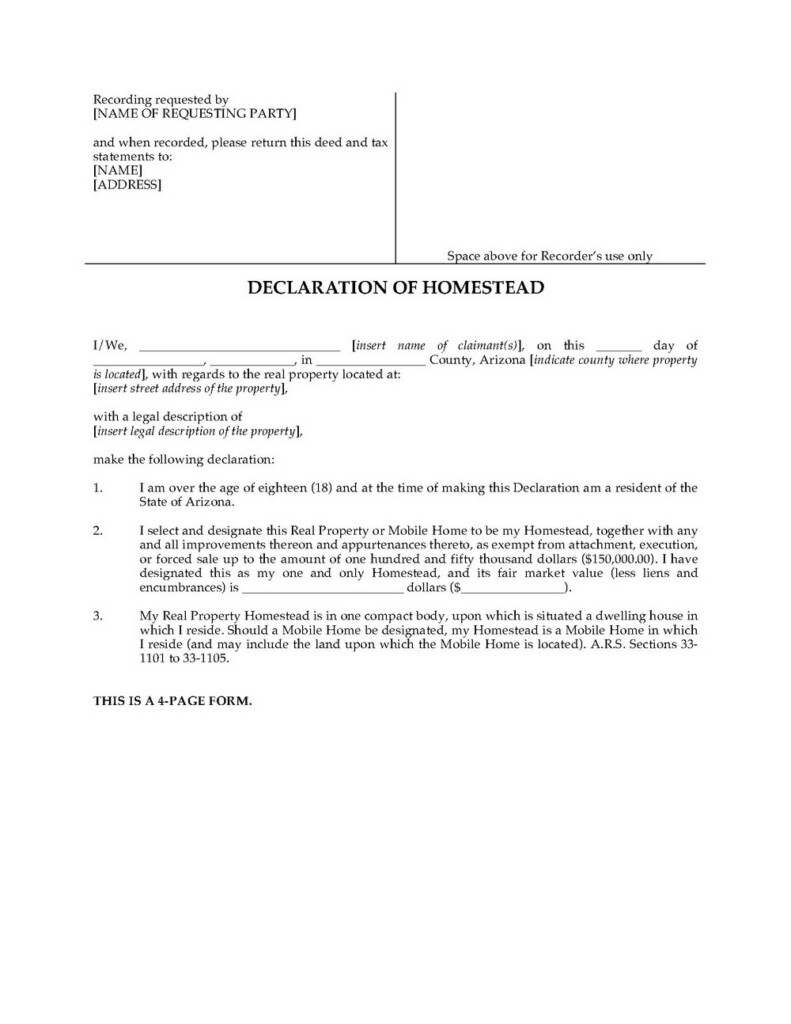The Maricopa Superior Court case history is a crucial element of the judicial system in Arizona, offering an in-depth look at the proceedings, rulings, and legal processes that shape justice in the region. For individuals seeking to understand the complexities of court cases, accessing and interpreting case history is essential. Whether you're a legal professional, a researcher, or someone navigating the judicial system personally, this guide will provide you with valuable insights into Maricopa Superior Court case history.
This article aims to demystify the process of accessing and understanding court case history in Maricopa County. By exploring the tools, resources, and procedures available, we will equip you with the knowledge needed to navigate this important aspect of the legal system effectively.
From the significance of case history in legal proceedings to the tools that make it accessible, this guide will cover everything you need to know about Maricopa Superior Court case history. Let's dive in and explore the nuances of this critical legal resource.
Read also:Missoula County Jail Roster Comprehensive Guide To Understanding The System In Missoula Montana
Table of Contents
- Introduction to Maricopa Superior Court
- Understanding Case History
- Accessing Case History Online
- Key Components of Case History
- Benefits of Case History
- Tools for Researching Case History
- Legal Considerations
- Challenges in Case History
- Future Trends in Court Records
- Conclusion and Call to Action
Introduction to Maricopa Superior Court
The Maricopa Superior Court serves as the primary judicial body for Maricopa County, Arizona. Established to handle a wide array of legal matters, this court plays a pivotal role in upholding justice within the region. The court addresses civil, criminal, family, and probate cases, ensuring that all legal proceedings are conducted fairly and efficiently.
Understanding the structure and function of the Maricopa Superior Court is essential for anyone interacting with the legal system in Arizona. The court's commitment to transparency and accessibility has led to the development of numerous resources for accessing case history, which is a key component of its operations.
Understanding Case History
What is Case History?
Case history refers to the detailed record of all proceedings, rulings, and documents associated with a specific legal case. In the context of the Maricopa Superior Court, case history includes information such as case filings, hearing dates, judgments, and any relevant legal documents.
Why is Case History Important?
Access to case history is vital for several reasons. For legal professionals, it provides a comprehensive overview of past cases, aiding in the preparation of current and future cases. For individuals involved in legal proceedings, understanding case history can offer clarity and insight into the judicial process.
Accessing Case History Online
With advancements in technology, accessing Maricopa Superior Court case history has become more convenient than ever. The court offers online portals and databases that allow users to search and retrieve case information effortlessly.
- Maricopa County Superior Court eServices: This platform provides a user-friendly interface for searching and retrieving case records.
- Arizona Judicial Branch: The official website of the Arizona Judicial Branch offers additional resources for accessing court records.
Key Components of Case History
Case Filings
Case filings include the initial documents submitted to initiate a legal case. These documents outline the nature of the dispute or charge and set the stage for subsequent legal proceedings.
Read also:Busted Magazine Muskegon County Your Ultimate Guide To Local Entertainment And Culture
Hearing Dates
Hearing dates mark the scheduled times when legal arguments and evidence are presented in court. Keeping track of these dates is crucial for all parties involved in the case.
Legal Documents
Legal documents encompass all written materials associated with a case, including pleadings, motions, and judgments. These documents form the backbone of case history and are essential for understanding the legal process.
Benefits of Case History
Case history offers numerous benefits to various stakeholders in the legal system:
- Transparency: Access to case history promotes transparency in the judicial process, allowing the public to see how justice is administered.
- Accountability: Detailed records of legal proceedings ensure accountability among legal professionals and judicial officers.
- Efficiency: Having a comprehensive case history enables faster resolution of legal matters, as relevant information is readily available.
Tools for Researching Case History
Online Databases
Several online databases are available for researching Maricopa Superior Court case history. These platforms provide users with the ability to search for cases using various criteria, such as case number, party names, or case type.
Legal Research Software
Legal professionals often rely on specialized software to conduct in-depth research into case history. Tools like Westlaw and LexisNexis offer extensive databases and advanced search capabilities, making them indispensable for legal research.
Legal Considerations
While accessing Maricopa Superior Court case history is generally straightforward, there are legal considerations to keep in mind:
- Privacy Laws: Certain case details may be restricted due to privacy laws, particularly in family law and juvenile cases.
- Sealed Records: Some records may be sealed by court order, limiting access to authorized individuals.
Challenges in Case History
Data Accuracy
Ensuring the accuracy of case history data is a significant challenge. Errors in data entry or document management can lead to misinformation, impacting legal proceedings and decision-making.
Accessibility
While online resources have improved access to case history, not all individuals have equal access to these tools. Bridging the digital divide remains a priority for enhancing accessibility.
Future Trends in Court Records
The future of court records is likely to be shaped by technological advancements. Innovations such as artificial intelligence and blockchain technology could enhance the accuracy, security, and accessibility of court records, including Maricopa Superior Court case history.
Conclusion and Call to Action
In conclusion, understanding Maricopa Superior Court case history is essential for anyone interacting with the legal system in Arizona. By utilizing the resources and tools available, individuals can gain valuable insights into legal proceedings and make informed decisions.
We invite you to explore the resources mentioned in this article and share your thoughts in the comments section below. Additionally, consider subscribing to our newsletter for more informative content on legal topics. Together, let's continue to promote transparency and accountability in the judicial system.


